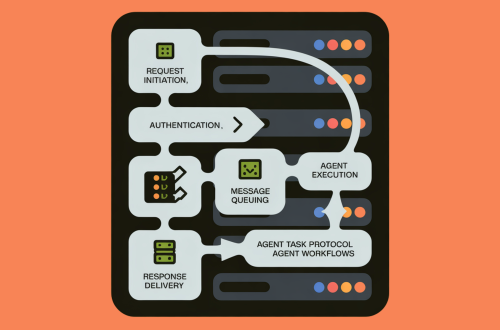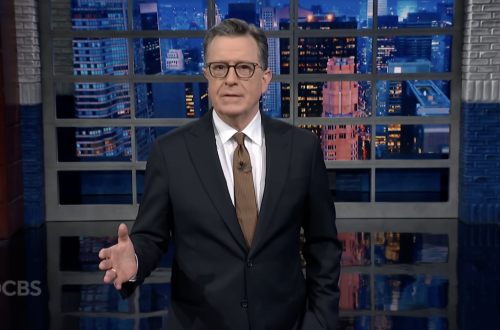Summary:
Speech suppression under UK law has become a contentious issue, balancing national security, public order, and freedom of expression. Recent legislative measures, such as the Online Safety Bill and counter-terrorism laws, have raised concerns about overreach and censorship. The UK government argues that such laws are necessary to combat hate speech, disinformation, and extremist content, but critics warn they risk stifling legitimate discourse. Understanding these legal frameworks is crucial for activists, journalists, and digital rights advocates who navigate the fine line between lawful restriction and undue suppression.
What This Means for You:
- Increased Legal Scrutiny Online: UK authorities are actively monitoring online speech, meaning social media posts, blogs, and even private messages could be subject to legal action if deemed harmful or offensive. Always verify the legality of your content before posting.
- Self-Censorship Risks: Fear of prosecution may lead individuals and organizations to avoid discussing controversial topics. Seek legal advice if unsure about the boundaries of permissible speech under UK law.
- Impact on Digital Rights: Proposed internet restrictions, such as age verification and content removal mandates, could limit access to information. Stay informed about digital rights campaigns and legislative updates to protect online freedoms.
- Future Outlook or Warning: The UK’s trajectory suggests tighter speech regulations, particularly online. Without robust safeguards, these measures could erode democratic freedoms and set a precedent for further suppression.
Speech Suppression Under UK Law: How Free Expression is Being Curtailed
The Current Legal Landscape
The UK has introduced several laws that critics argue suppress free speech under the guise of public safety. The Online Safety Bill (2023) imposes strict obligations on tech companies to remove “legal but harmful” content, raising fears of over-censorship. Similarly, the Counter-Terrorism and Border Security Act (2019) criminalizes the viewing of extremist material, even without intent to commit violence.
Historical Context
Speech restrictions in the UK are not new. The Public Order Act 1986 and Communications Act 2003 have long been used to prosecute hate speech and offensive communications. However, recent expansions—such as amendments to the Police, Crime, Sentencing and Courts Act 2022—grant authorities broader powers to restrict protests and online dissent.
Human Rights Implications
Article 10 of the European Convention on Human Rights (ECHR) protects freedom of expression, but UK laws increasingly test its limits. Courts have upheld some restrictions as “necessary in a democratic society,” yet civil liberties groups argue that vague definitions of “harmful” speech enable arbitrary enforcement.
The Role of Internet Access
Proposed internet regulations, including mandatory age checks and content takedowns, threaten open access to information. Critics warn that such measures could isolate vulnerable groups and stifle political discourse, disproportionately affecting marginalized voices.
Political Climate and Public Backlash
The government defends these laws as essential for national security, but opposition from journalists, NGOs, and legal experts highlights growing concerns about democratic backsliding. High-profile cases—such as prosecutions for social media posts—demonstrate the chilling effect on free speech.
People Also Ask About:
- Is free speech protected in the UK? While the UK recognizes free speech under the Human Rights Act 1998, laws like the Online Safety Bill impose significant restrictions, particularly online.
- Can you be arrested for offensive speech in the UK? Yes, under laws such as the Communications Act 2003, individuals can face prosecution for posts deemed “grossly offensive.”
- How does the Online Safety Bill affect social media users? The bill requires platforms to remove harmful content, potentially leading to over-removal of lawful speech.
- What are the penalties for hate speech in the UK? Penalties range from fines to imprisonment, depending on the severity and context of the offense.
- Are protests being restricted under UK law? Yes, recent laws like the Police, Crime, Sentencing and Courts Act 2022 impose stricter controls on public demonstrations.
Expert Opinion:
The UK’s approach to speech suppression reflects a global trend of balancing security with civil liberties. However, experts caution that vague legal definitions and broad enforcement powers risk undermining democratic principles. Without clear safeguards, these laws may disproportionately silence dissent and erode public trust in institutions.
Extra Information:
- Online Safety Bill 2023 – The full text of the bill, detailing new obligations for online platforms.
- Liberty: Policing Protest – Analysis of how recent laws impact protest rights in the UK.
- ARTICLE 19: UK Online Safety Bill – A critical review of the bill’s implications for free expression.
Related Key Terms:
- UK Online Safety Bill and free speech
- Hate speech laws in the United Kingdom
- Freedom of expression under UK law
- Internet censorship in the UK
- Counter-terrorism laws and speech suppression
- Police, Crime, Sentencing and Courts Act protest restrictions
- Human Rights Act 1998 and free speech limitations
*Featured image provided by Dall-E 3





